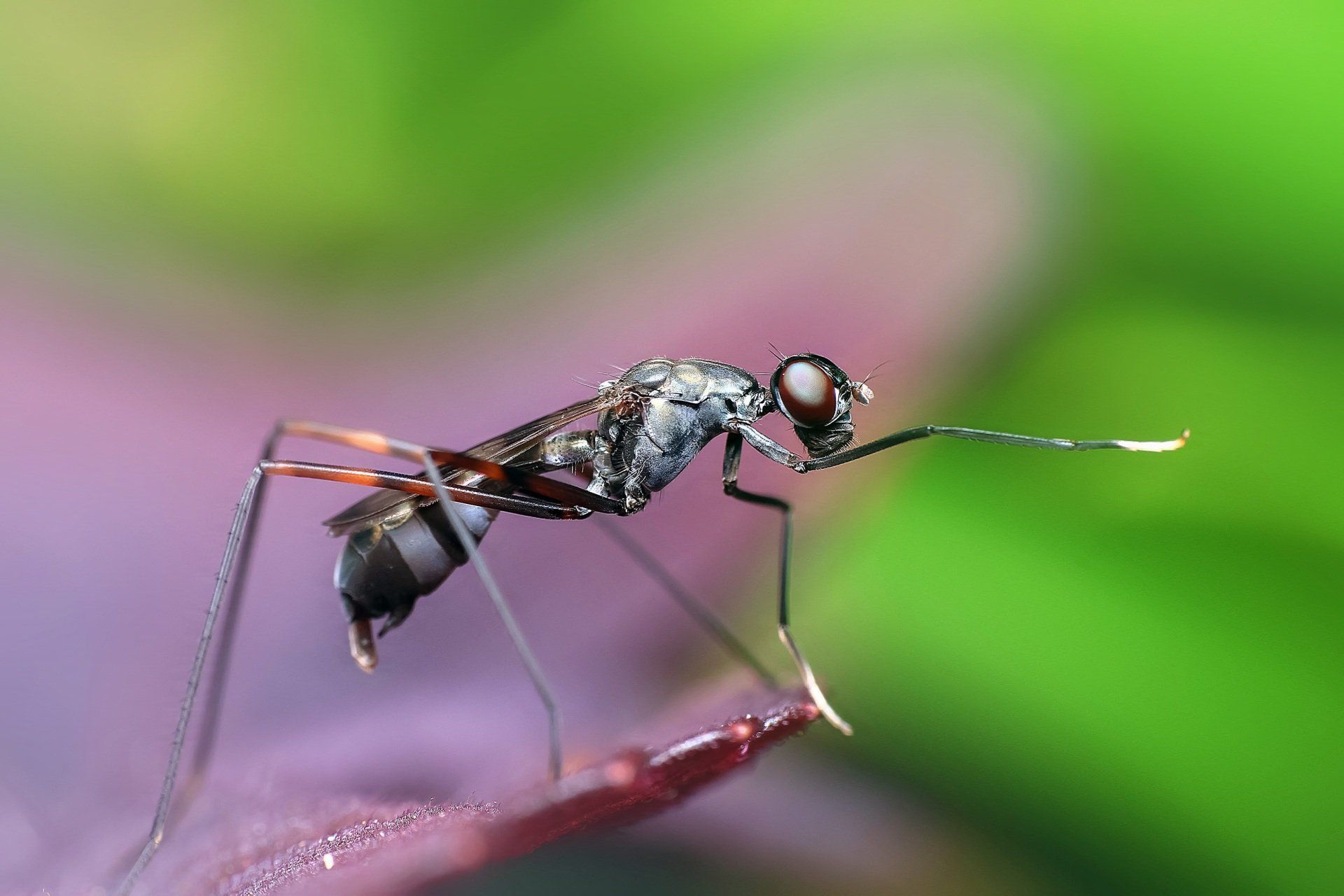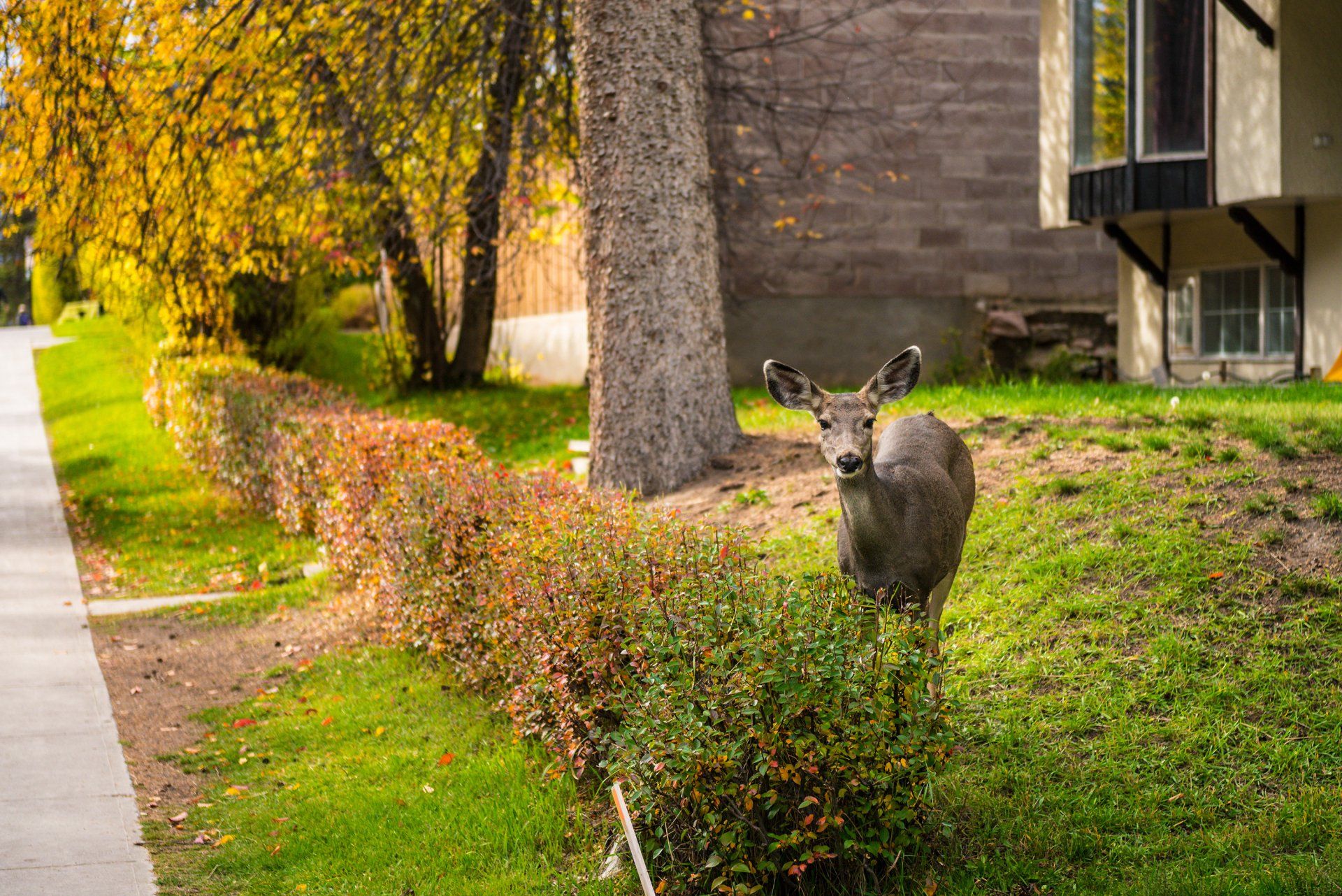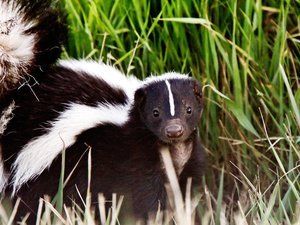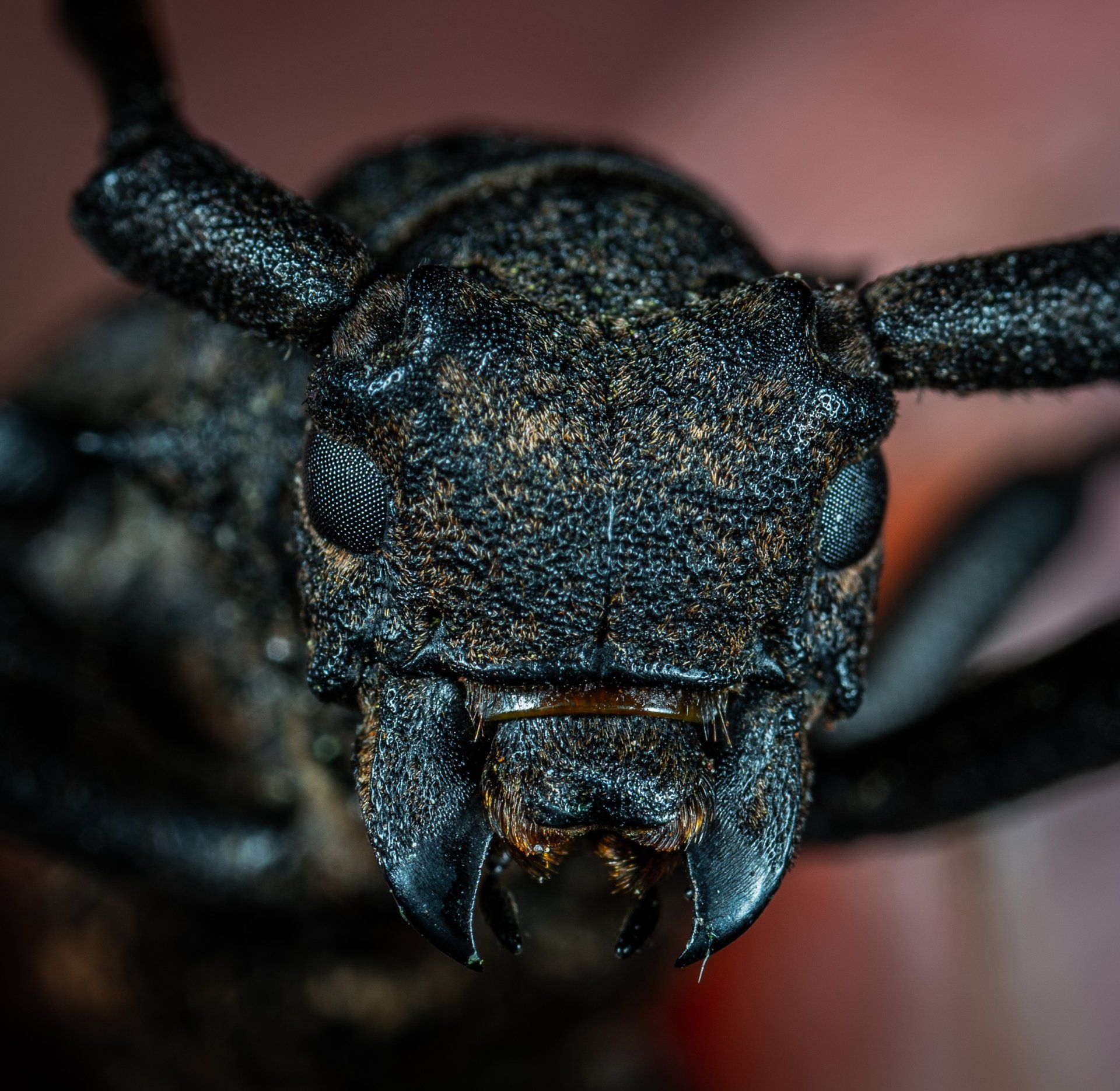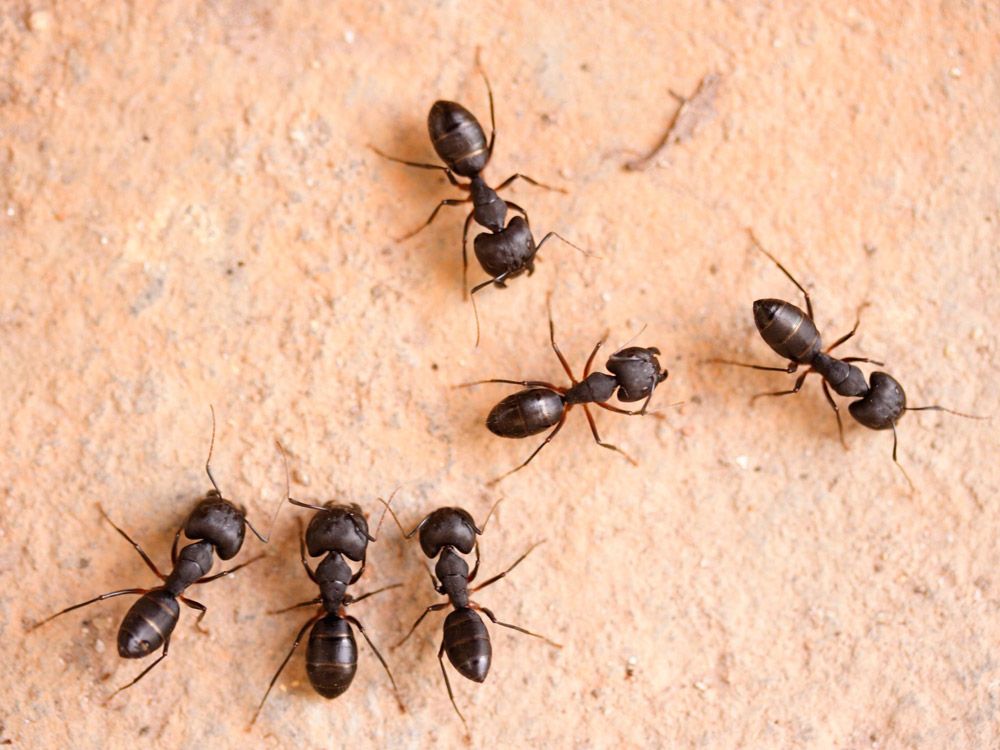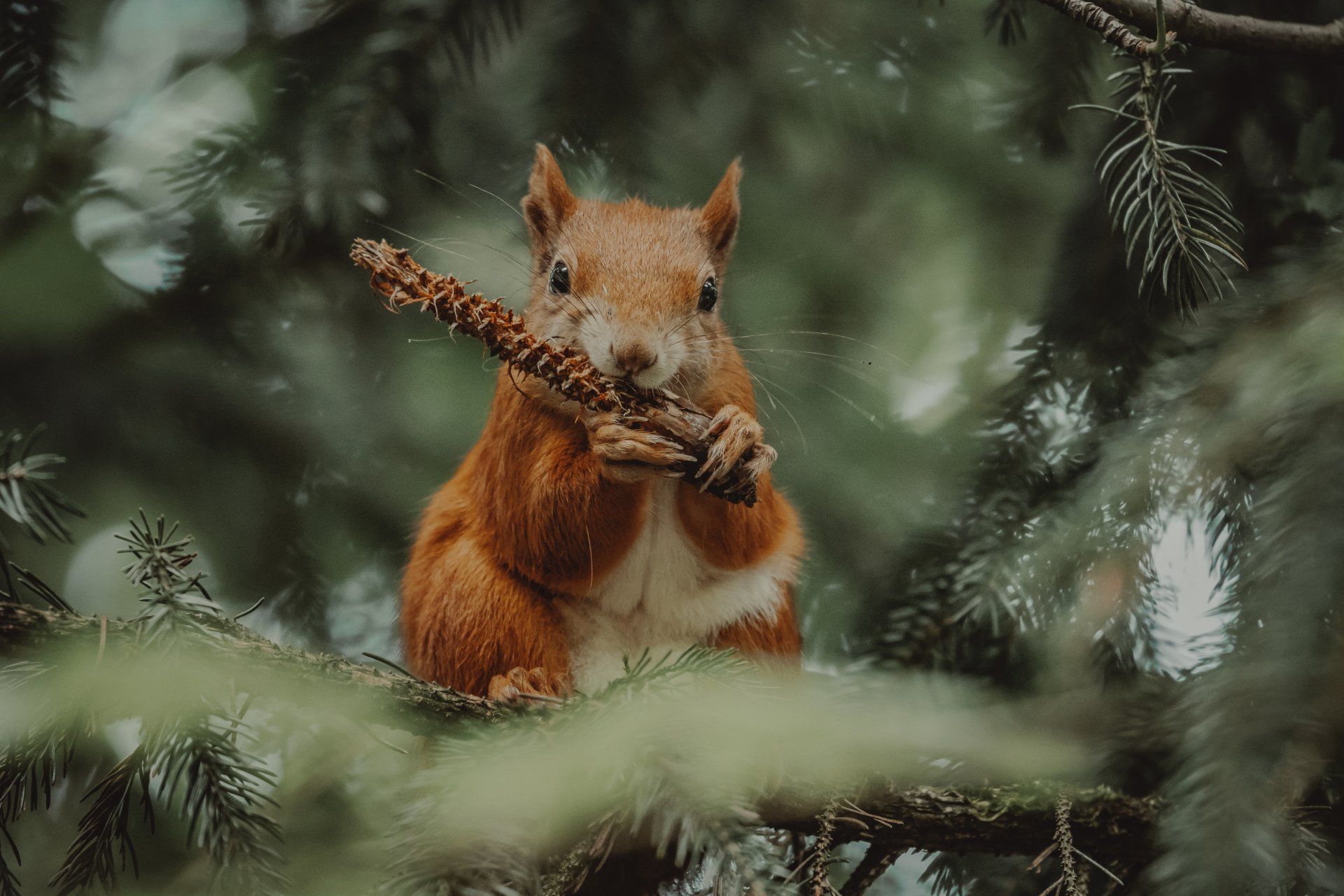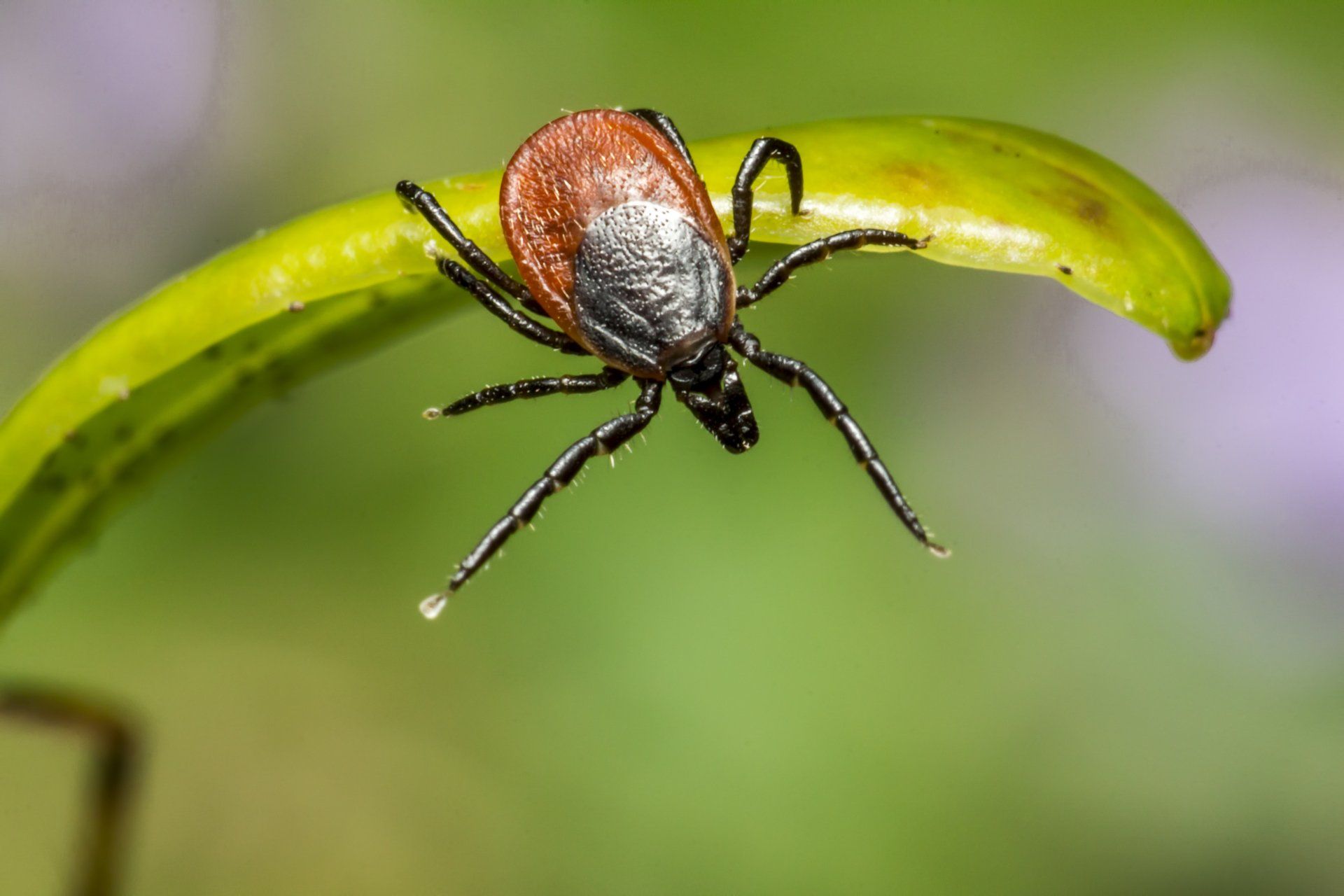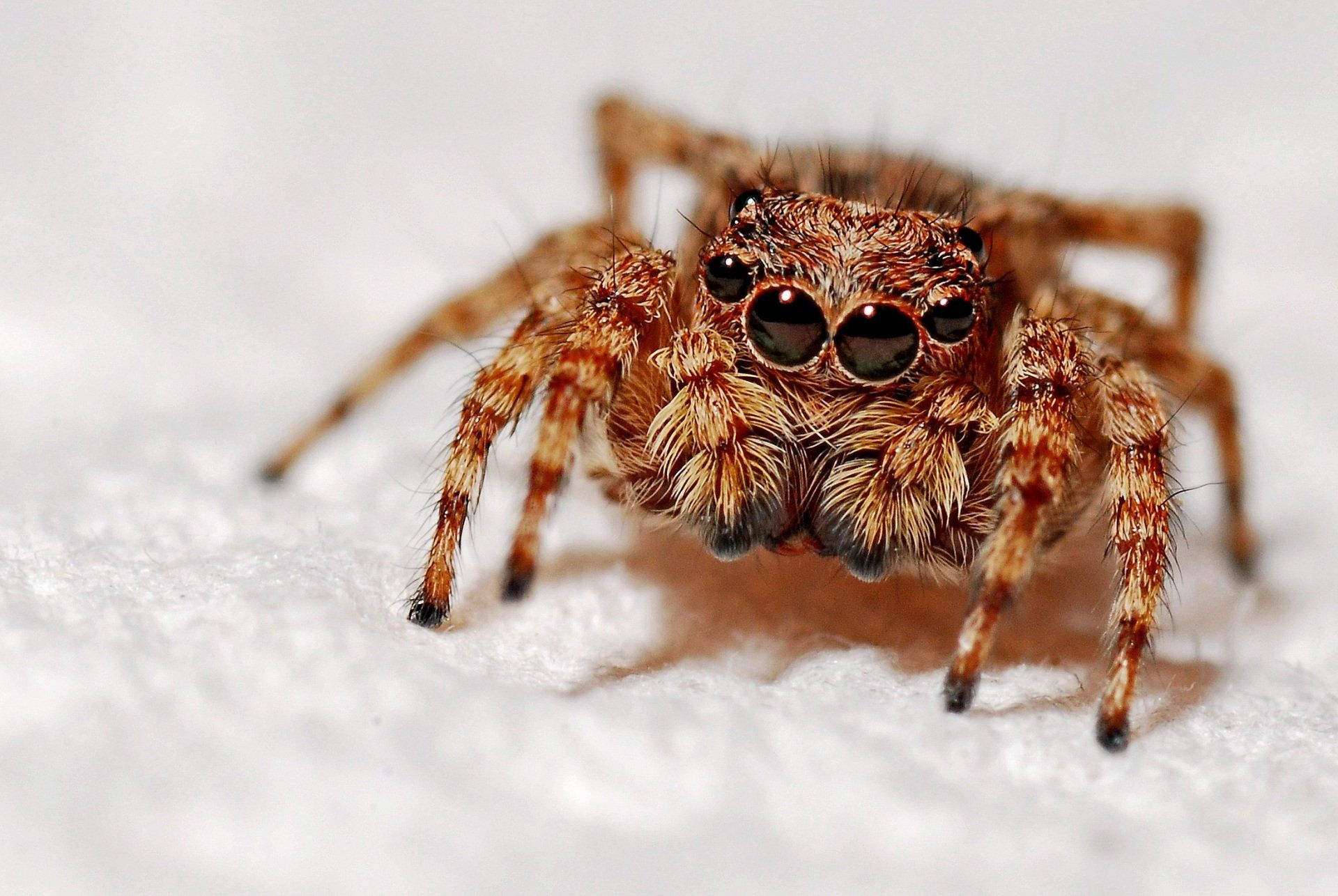What Is IPM and How Does it Help Pest Control Become Greener?
Learn all about IPM and how it works.
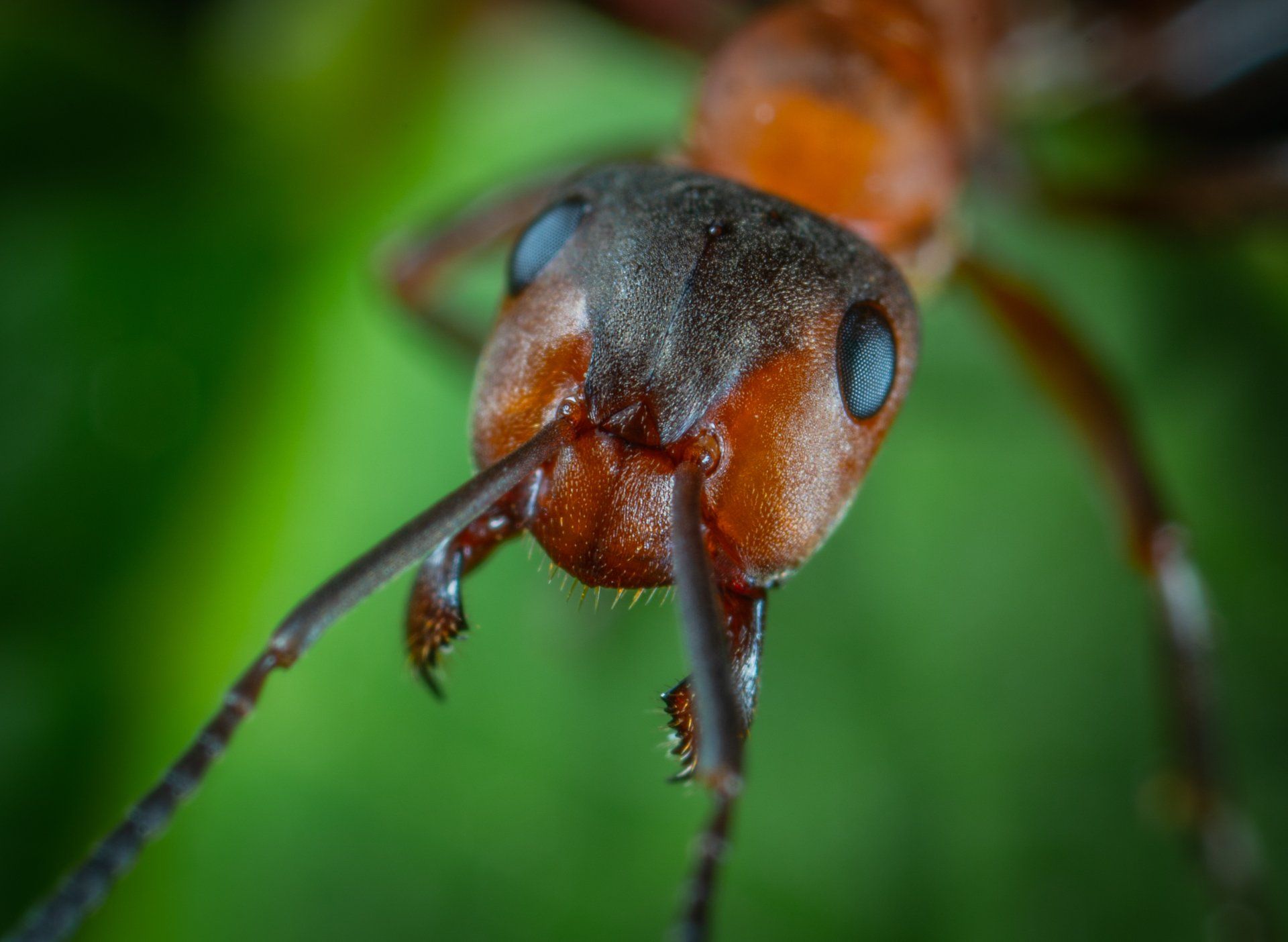
IPM, or Integrated Pest Management, is a pest prevention strategy intended for long-term pest management. This type of management plan relies on the use of a pest’s natural ecosystem and works to control pests through their natural habitats.
But what are the advantages of Integrated Pest Management?
IPM works to modify and manipulate a pest’s habitat and resorts to pesticides only after trying all other, less invasive options. The overall goal of IPM is to use as few pesticides as possible, considering the well-being of humans and animals, as well as the environment.
How to Apply Integrated Pest Management
To begin with, you need to identify the pest you’re looking to remove. The pest must be appropriately identified to know how to apply an Integrated Pest Management program.
If the pest in question poses an issue, you’ll need to learn about its specific biology and its life cycle. This will help you plan your IPM strategy as effectively as possible.
Next, you need to consider all chemical-free means of removing the pest. This can be done in several ways. Some of these ways fall under the guidelines of “organic pest control,” relying on non-toxic methods of removing pests.
Afterward, determine the best way to prevent this particular pest from invading a specific area. If you can remove a pest’s nest or food source, along with its shelter, you can work to prevent pests from infiltrating an area in the first place. You should also look to reduce the pest’s access to dwellings, buildings, or local plants.
Cultural Controls
It’s also important to familiarize yourself with cultural controls. This is how you can work to deter pests from invading a specific area. This might mean that you need to adopt appropriate
sanitation methods in a certain area, remove any plants infested with pests, or clear an area of clutter and debris.
You may also need to grow plants that can outcompete plants the pest is attracted to, or invest in fertilization methods and/or watering plants that are pest-resistant.
Physically Removing Pests
Eventually, you may need to physically remove pests from plants. This may include removing them by hand or spraying them with water. You may also need to rely on traps and different barriers or focus on various soil treatments (cultivation and solarization).
If this doesn’t work, you can then focus on controlling pests biologically. This is when you use a pest’s naturally occurring enemies — namely, beneficial organisms — to control a specific pest population. The goal is to promote a pest’s natural enemies by welcoming them with flowering plants or plants that produce nectar.
Pesticides
Should the aforementioned ideas not work, pesticides would be used. However, as part of IPM, pesticides are only used when all other “organic pest control” measures have been exhausted, as the goal of IPM is to preserve human and animal health. It’s also designed to preserve the integrity of the environment.
When resorting to pesticides, you should always use whatever is the least toxic but most effective so you can use as little product as possible.
Additionally, you should also aim to combine pesticides with organic methods to see if the two can work in tandem. If they do, you’ll use reduced amounts of pesticides. Again, IPM only resorts to pesticides as a last resort for pest control and should always be applied by
a professional pest removal company.
Integrated Pest Management
So what is an Integrated Pest Management plan? Integrated Pest Management works to use chemical-free methods of controlling a local pest population. Pesticides should be used in moderation — if at all — and only after all methods of organic pest control have been exhausted.
To learn more about IPM, Serene Property Services can help. We offer residential pest removal services in Sussex County, NJ, along with Warwick, NY.
Contact us today for all your pest control needs.
We will get back to you as soon as possible
Please try again later
About Us
Contact Info

